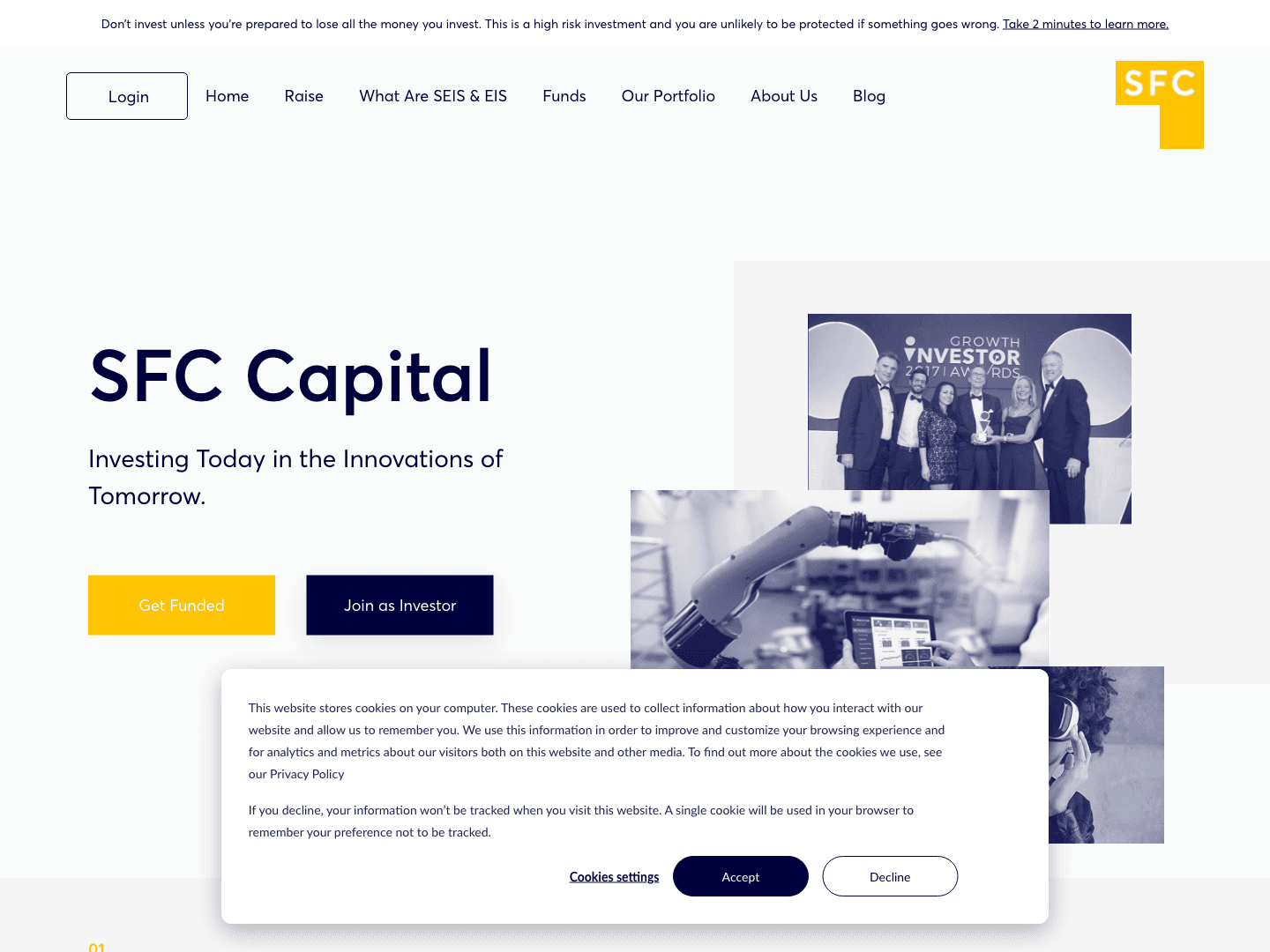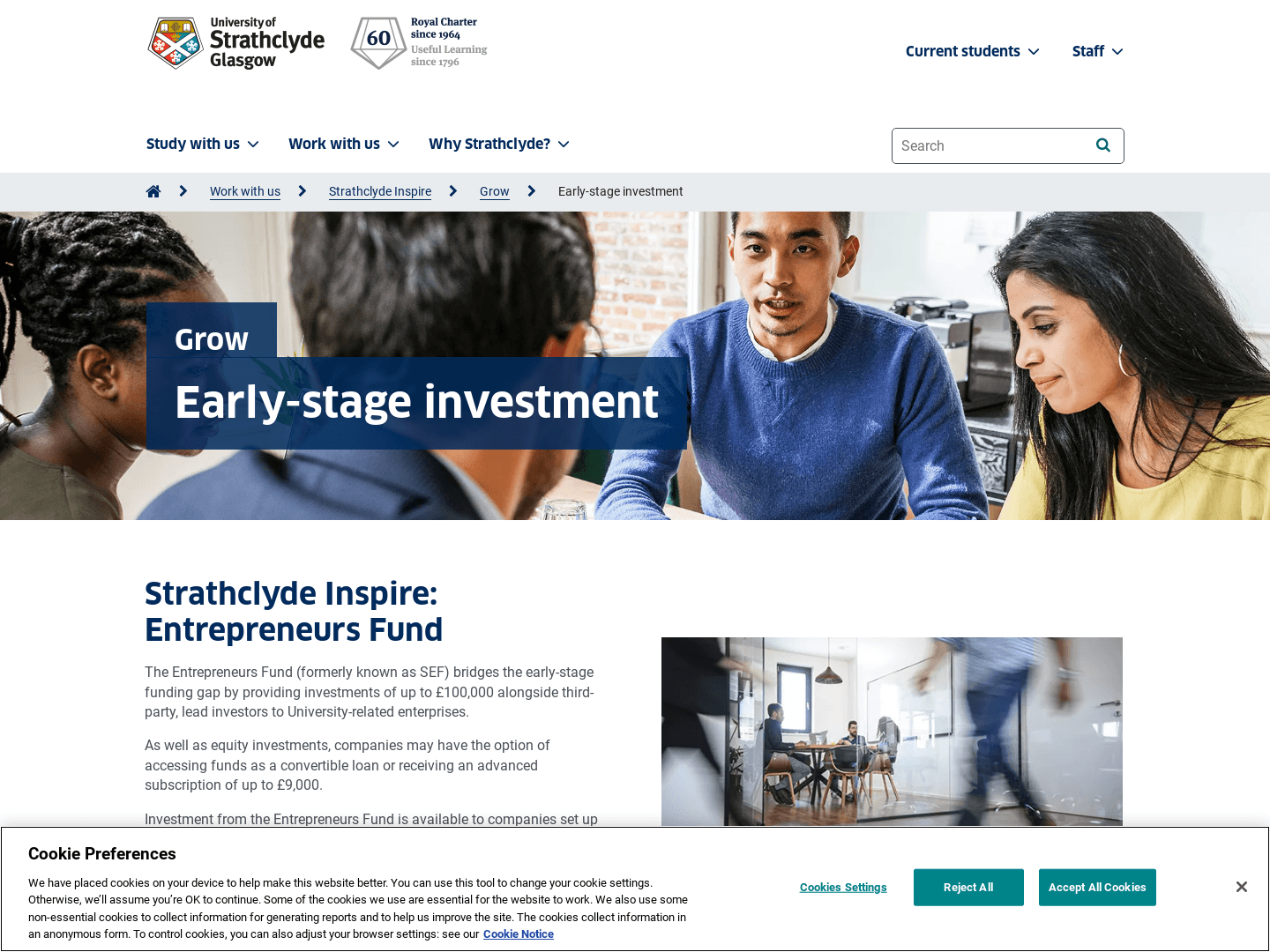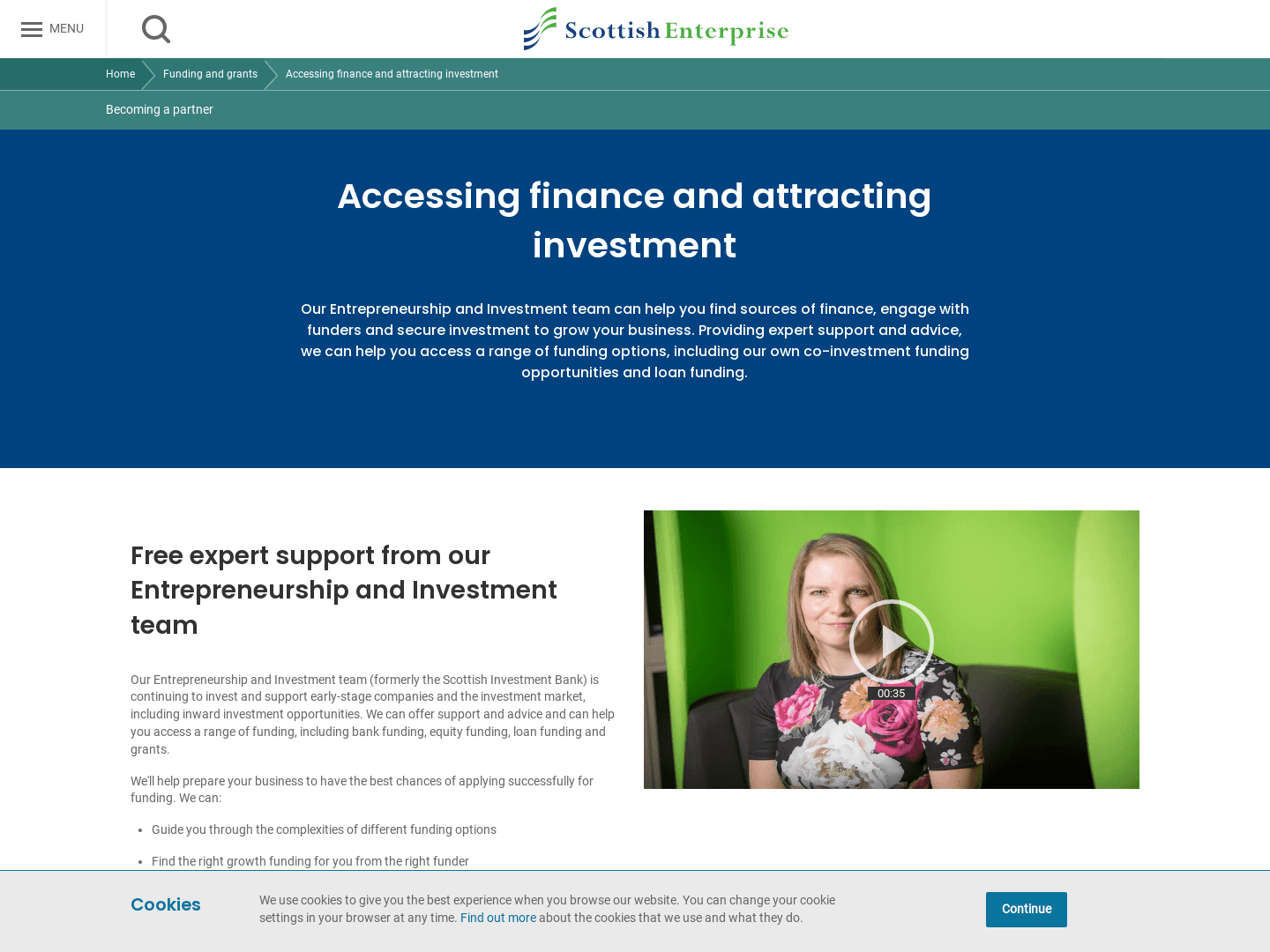£1.2m backs Sentinel to expand NHS pilots for frontline trauma prevention app
This article covers Sentinel, a healthtech startup, which has raised £1.2m to further develop its evidence-led digital platform. The funding aims to scale clinical validation, expand pilot deployments in the NHS and accelerate product development to support frontline healthcare, emergency and defence staff affected by workplace trauma.
Sentinel, a healthtech startup focused on trauma prevention and recovery for frontline staff, has raised £1.2m to further develop its evidence-led digital platform. The funding is intended to scale clinical validation, expand pilot deployments in the NHS and accelerate product development informed by frontline feedback.
Why it matters
Workplace trauma among healthcare, emergency and defence personnel has risen up the policy and operational agenda in recent years, with employers and public services under pressure to provide practical, preventative support. A digital tool that is grounded in academic research and tested by users could reduce barriers to early intervention and complement existing occupational health programmes.
The cash injection also underscores continued public and institutional interest in digital mental health solutions that can integrate with large employers and health systems.
Inside the product
Sentinel’s app was developed in partnership with the University of Strathclyde’s Department of Psychological Sciences and Health. The company says more than 1,000 frontline workers took part in primary research and testing to shape features and user journeys, aiming to align the product with real-world operational contexts.
The platform presents itself as a toolkit for prevention, management and recovery from work-related trauma rather than a therapy replacement. It is being piloted across several NHS Trusts and is available globally through major app stores. Specific clinical features and outcomes data were not disclosed in the announcement.
Who are the investors?
The £1.2m round is led by SFC Capital, described in the release as the UK’s most active early-stage investor. The University of Strathclyde has taken a strategic stake through the Strathclyde Inspire Entrepreneurship Fund, using money drawn from the Stephen Young Entrepreneurship Awards. Scotland’s national economic development agency, Scottish Enterprise, also participated.
The university partnership has been framed as more than finance: Strathclyde has collaborated on the research-led development of the product. Scottish Enterprise positions its support as part of a broader push to back digital health firms in Scotland.
Investing in Sentinel aligns with our mission to back startups driving meaningful change. The platform’s focus on mental health for frontline workers is both urgent and impactful, and we’re delighted to be part of their journey.
Adam Beveridge, Principal, SFC Capital
Our collaboration with Sentinel exemplifies Strathclyde’s commitment to research that delivers real-world impact. By combining cutting-edge psychological science with practical digital innovation, we are helping to foster resilience and post-traumatic growth among people exposed to trauma in their work.
Anne Henderson, Head of Investment, University of Strathclyde
This investment highlights our dedication to supporting the growth of ambitious business with scalable solutions. Scotland is a global leader in digital health and care and backing innovative companies such as Sentinel is key to maintaining that position and driving long-term economic impact.
Derek Shaw, Director of Entrepreneurship and Investment, Scottish Enterprise
If you're researching potential backers in this space:
- Explore our list of healthtech venture capital firms in the UK
- Browse our directory of healthtech angel investors in the UK
Founder perspective
Sentinel’s chief executive, Mykay Kamara, framed the product as a response to duty-of-care obligations for staff working in high-stress roles and to the need for accessible, evidence-backed interventions.
The wellbeing of those who serve on the front lines is paramount. Sentinel exists to ensure that the people who protect and care for others receive the same care in return. This investment allows us to expand our impact and further develop our evidence-based tools for trauma prevention, management and recovery.
Mykay Kamara, CEO, Sentinel
The bigger picture
The round sits at the intersection of three trends: institutional backing for healthtech innovation, growing employer demand for workforce mental health solutions, and closer ties between universities and commercial ventures to accelerate evidence-based products. Sentinel’s pilots with NHS Trusts will be an early test of how such tools integrate with public services and occupational health pathways.
The deal also highlights Scotland’s active role in the UK’s digital health scene, with university funds and national agencies increasingly participating alongside private early-stage investors. The outcome of Sentinel’s clinical validation and NHS pilots will be watched by healthtech investors and public commissioners alike as they assess the scalability of trauma-focused digital interventions.
Sentinel’s progress will therefore feed into wider debates across the UK and Europe about standards, procurement and the role of digital platforms in supporting frontline workforce resilience.
They've invested in Sentinel
Get to know these healthtech investors
| Investor | Sector | Stage | Activity | Team | Connect |
|---|---|---|---|---|---|
 SFC Capital | 49 investments investments | 7 contacts contacts | |||
 University of Strathclyde (Strathclyde Inspire Entrepreneurship Fund) | 3 investments investments | more info | |||
 Scottish Enterprise | 26 investments investments | 4 contacts contacts | |||
 University of Strathclyde (Strathclyde Inspire Entrepreneurship Fund) (University of Strathclyde) | 3 investments investments | more info |
Click here for a full list of 7,526+ startup investors in the UK
